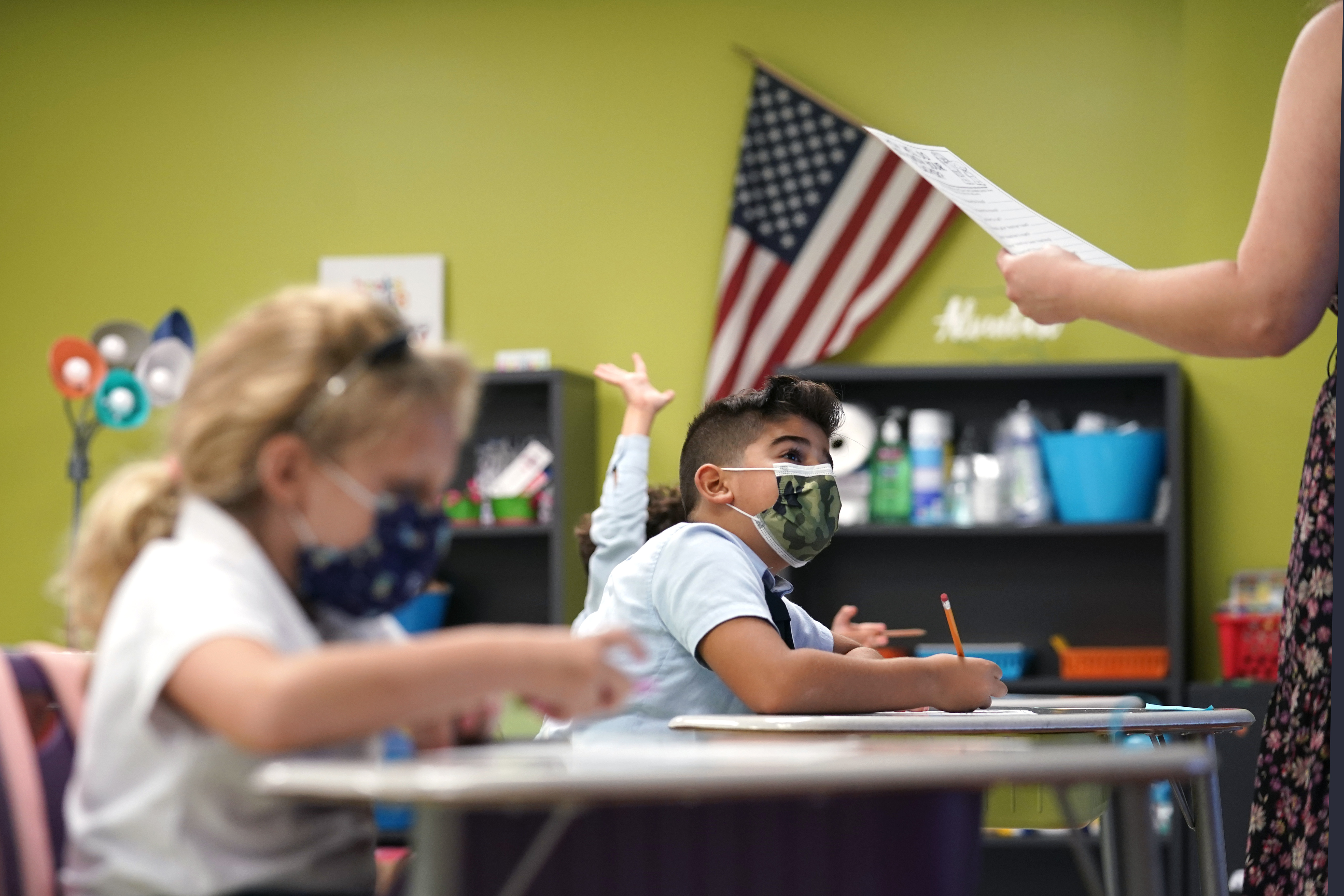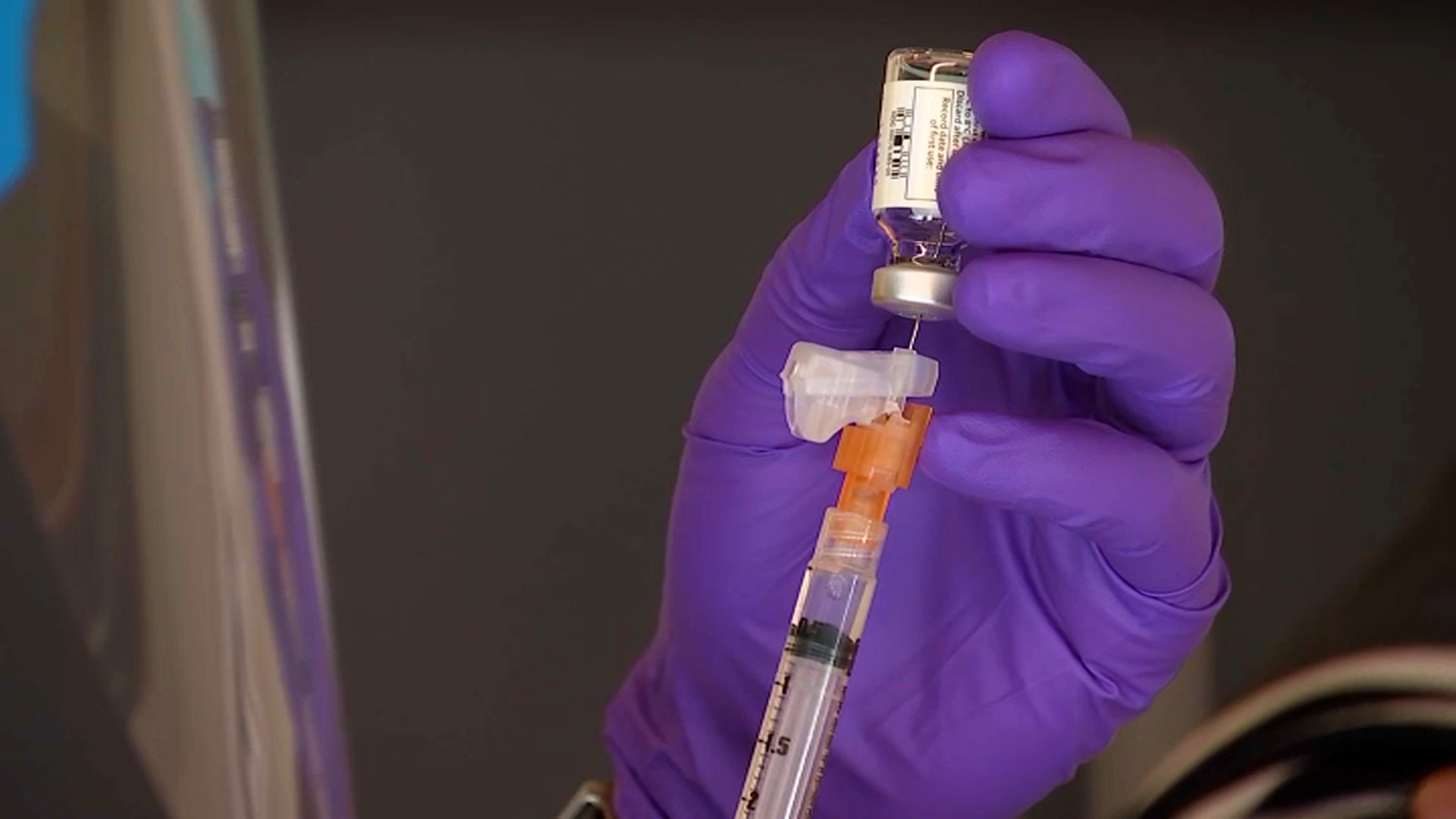As the delta variant continues to spread and new variants surface, some are wondering if there's a risk of contracting COVID-19 twice.
According to the Centers for Disease Control and Prevention, cases of reinfection remain rare, but are possible.
Dr. Frank Esper, a pediatric infectious disease specialist with the Cleveland Clinic, explained there are multiple reasons behind reinfection, including that the pandemic has been happening for nearly two years, and vaccine immunity diminishes with time.
“At this point, many of those infections happened months or even a year ago,” Dr. Esper said in August, “and the immunity from those initial infections begins to wane over time.”
He also noted a lax in safety measures that "initially kept the virus at bay" like masking, handwashing and social distancing.
According to Dr. Emily Landon, executive medical director of Infection Control and Prevention at University of Chicago Medicine, people who experience reinfection likely won't get for a second time within the first 90 to 180 days of their first infection, "but that doesn't mean that you shouldn't be extra careful."
""Now most people are not going to get COVID-19 a second time, but some people are at risk of that," she said during a panel earlier this year.
Variants aren't necessarily to blame for reinfections, according to some doctors.
Feeling out of the loop? We'll catch you up on the Chicago news you need to know. Sign up for the weekly Chicago Catch-Up newsletter.
"This variant’s infectiousness — including its ability to evade immune systems and prevent long-lasting immunity for those people who are infected with it — is one of the reasons why it’s been able to persist and come back,” Esper said.
Those who are immunocompromised are at a higher risk for reinfection than the general public, and because of this, booster shots of all three U.S. coronavirus vaccines have been authorized for such individuals.
People who've been vaccinated can also contract COVID a second time, but the chance is far lower than for those who've gotten the vaccine.
“There is a very, very small chance,” Esper said.
Fewer than 0.005% of fully vaccinated Americans have experienced a breakthrough case resulting in hospitalization or death — and people who have already had COVID-19 may be even less likely to be reinfected, according to the Cleveland Clinic.
“There is a very coordinated and concise effort against vaccines, and those people want to amplify breakthrough infections as a reason not to get vaccinated,” Esper said. “But the safety and benefit of getting vaccinated is very, very strong, and they far outweigh the risks of getting vaccinated, which are very, very small.”




